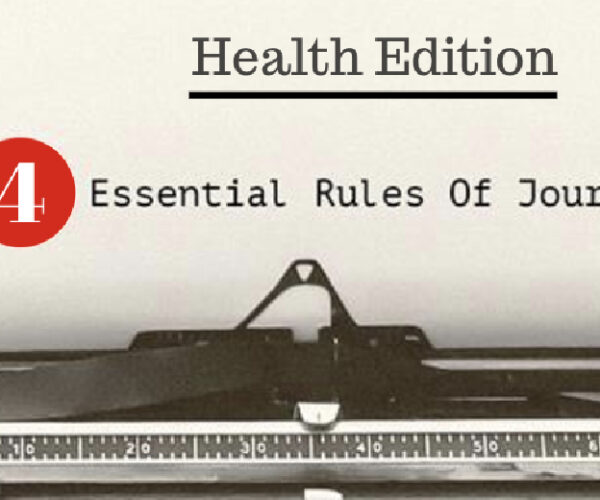How To Write A Journal
You need not be a writer to write a journal. And also there is no need to learn how to write your journal. Journal writing is a therapy that suits people from all sectors. You can be highly educated, or you have just completed your studies, or you are now at school. A journal is personal, and so it will suit everyone. Writing a journal every day will help you to express yourself and write better.
- Start writing a short entry every day
- Or once a week on a particular day at the same time.
- Choose a topic of your choice.
- Schedule at least twenty minutes to write your journal.
- When you are writing your journal, keep on writing.
- You can edit your document once you have completed your journal.
- Read and revise your document if there is a need.
Find Out More About : Copyright Materials In Newspapers
Journal Writing Prompts
To maintain and update your journal regularly, you must first create a list of writing prompts for your journal.
- What is going on in your mind?
- What is your reaction after today’s observation?
- How different are things now?
- For what I am grateful for?
- What should you value?
- Who helped you in need?
Select a day in the week to write your journal entry. If you are going to write your journal entry on a Sunday, write what you learned during that week and also the challenges you faced during the week. To start with, you can use the writing prompts from the book titled, “The Daily Stoic Journal” written by Ryan Holiday. This book has writing prompts for every day of the year for your journal.

Maintaining A Personal Journal
You have now started to write your personal journal. Journal can never go wrong for it is a personal task. Writing consistently is the challenge you will face while writing your journal. Sticking on to your schedule or sparing your time to write is secondary when compared to writing. The most important thing is “You must write.”
Initially, your journals may be vague or dull to read. Sometimes your journals may sound like some blabbering output of nonsense or raging negative thoughts that ruled you on that day. You must not forget writing has the healing power. By writing your negative thoughts, your journal may help you to forget and forgive those who had hurt you. Getting negative thoughts out of your mind will help you feel relieved and give more space for positive thoughts.
An important thing to note is – journaling doesn’t follow any rules. What you want to write or how to present your format is left to your choice. Remember to include at least two things that made you feel grateful for. A personal journal will have no other reader except you. So, it is far away from awkward comments and biased looks. If you want your personal journal to go public, then it is your choice. No need to hurry for it can be decided later.






